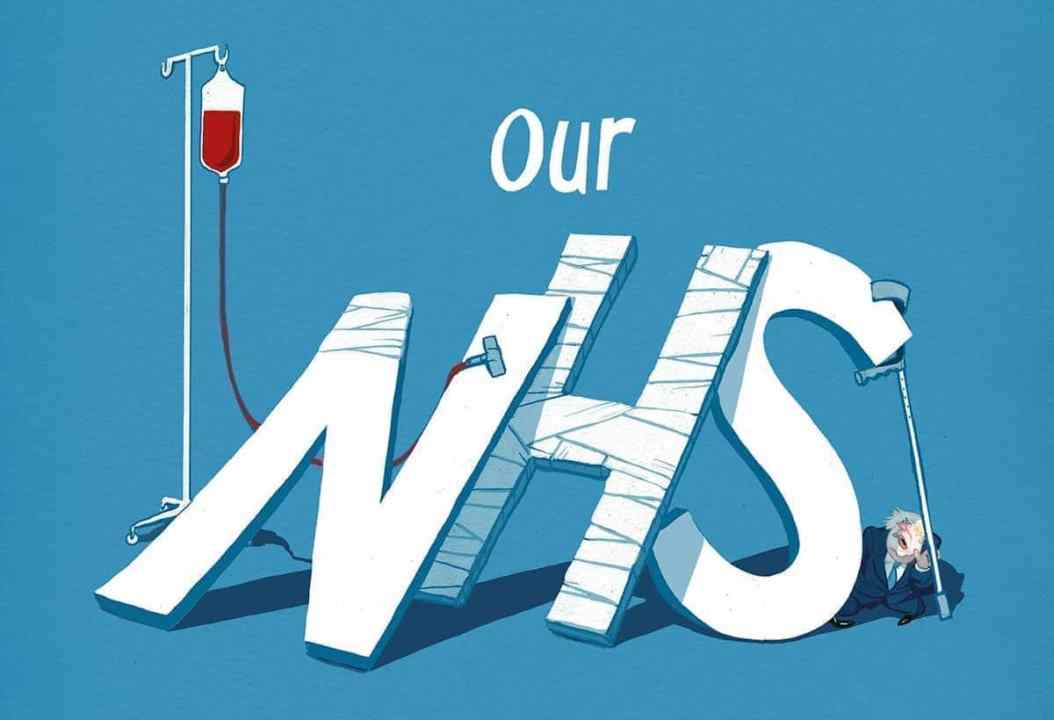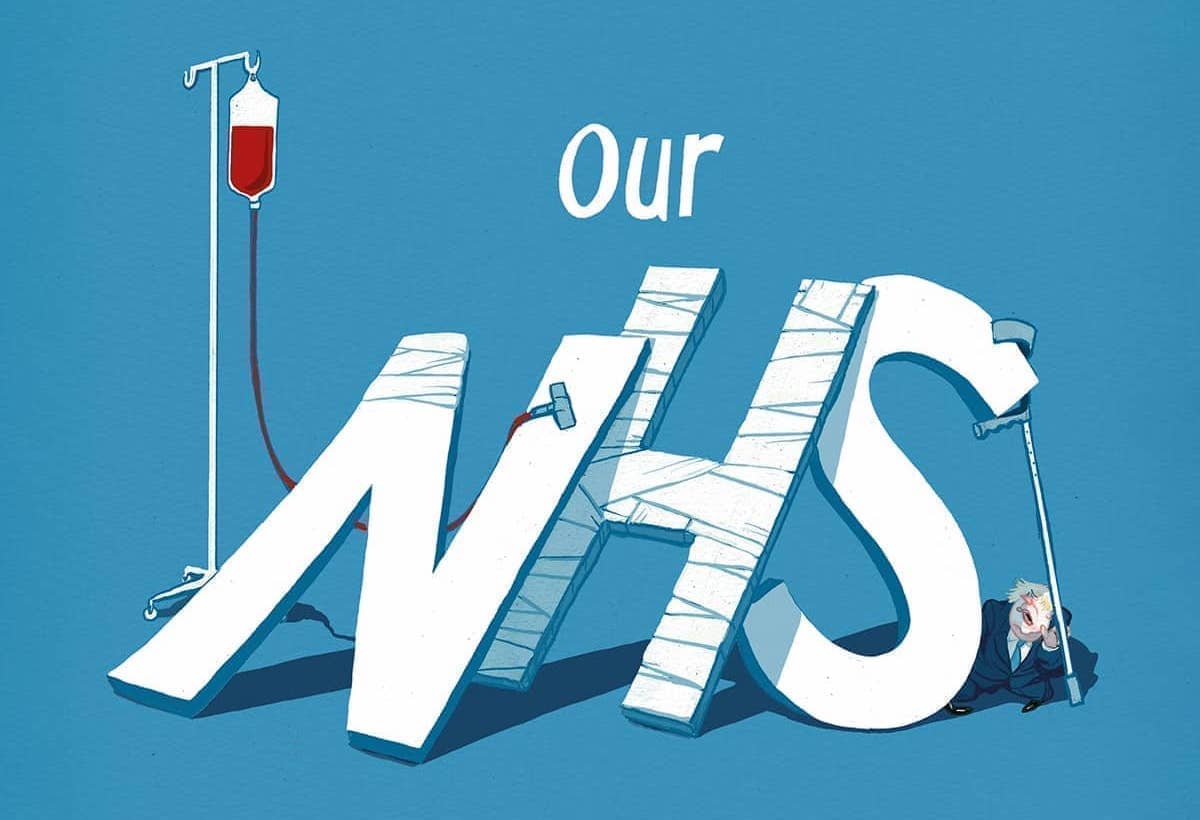The triviality-obsessed Covid Inquiry has today been having fun with Dominic Cummings’s emails and finding rude words he used about colleagues. Trying to draw anything substantial from this is hard but one line did jump out at me: Boris Johnson saying ‘I no longer buy all this NHS overwhelmed stuff’. The inquiry should be asking: was he right?
It was October 2020. The Prime Minister messaged Lee Cain, his press chief, to talk about Covid deaths:
I must say I have been slightly rocked by some of the data on Covid fatalities. The median age is 82-81 for men and 85 for women. That is above life expectancy. So get COVID and live longer. Hardly anyone under 60 goes into hospital (4 per cent) and of those virtually all survive. And I no longer buy all this NHS is overwhelmed stuff.
The Prime Minister was precisely right on all counts. The average age of the Covid fatality was a factor that should have been covered in a standard Quality of Life Years Lost (QALY) test used to decide public health decisions.
But the idea of the NHS being in crisis – or close to it – does a grave disservice to NHS staff to moved heaven and earth so this would not be the case. And here’s the thing: they succeeded. It was a success kept quiet because it clashed with the government’s fear messaging, most of all its exhortation exhortation to “protect the NHS” by not using it. Contrary to the myth that was being propagated, the NHS was never close to the brink – thanks to what its staff achieved under the hardest of circumstances.
The peak Covid day was 12 April, with 17,150 inpatients. The NHS had been told to expect far more, and plenty space had been cleared. The next day, the Health Service Journal broke the story of unused NHS capacity (my emphasis).
Figures from the national NHS operational dashboard, seen by HSJ, show that 41 per cent of NHS general acute beds were unoccupied as of the weekend — 37,500 of the total 91,600 relevant beds recorded in the data. That is 4,500 more than the 33,000 the NHS said had been freed up on 27 March, and nearly four times the normal amount of free acute beds at this time of year.
So there was never any need to ‘protect the NHS’ (a slogan that NHS chiefs hated) because the staff had responded in a way that made the health service open for business throughout. The 1,800 extra ventilators bought in a panic (on duff SAGE advice) were never needed, and instead ended up in an defence warehouse in Donnington.
Sage had advised the NHS of a “reasonable worst-case scenario” where 90,000 beds with ventilators would be needed to care for Covid patients, vs 7,400 beds then available. In fact, use peaked at 2,849 beds when 42 per cent of NHS ventilator beds were unoccupied. Not for the first or last time, Sage got it very badly wrong. A third of intensive care beds were empty at peak Covid, as were 44 per cent of general and acute beds. This was why those Nightingale units were not needed.
The fear messaging did have terrible consequences, as people who needed care didn’t present for it. The number of Accident & Emergency admissions actually halved.
Even worse, people stayed away from their GP - with some eight million appointments being missed in all.
And yes, this has come home to roost. The NHS is overwhelmed now. But during Covid, it was not: the Prime Minister was right to point this out and his advisers were wrong not to heed him. It’s depressing that the Covid Inquiry seems utterly uninterested in the truth of these substantive points, but we’ll continue to highlight them.
This article is free to read
To unlock more articles, subscribe to get 3 months of unlimited access for just $5








Comments
Join the debate for just $5 for 3 months
Be part of the conversation with other Spectator readers by getting your first three months for $5.
UNLOCK ACCESS Just $5 for 3 monthsAlready a subscriber? Log in